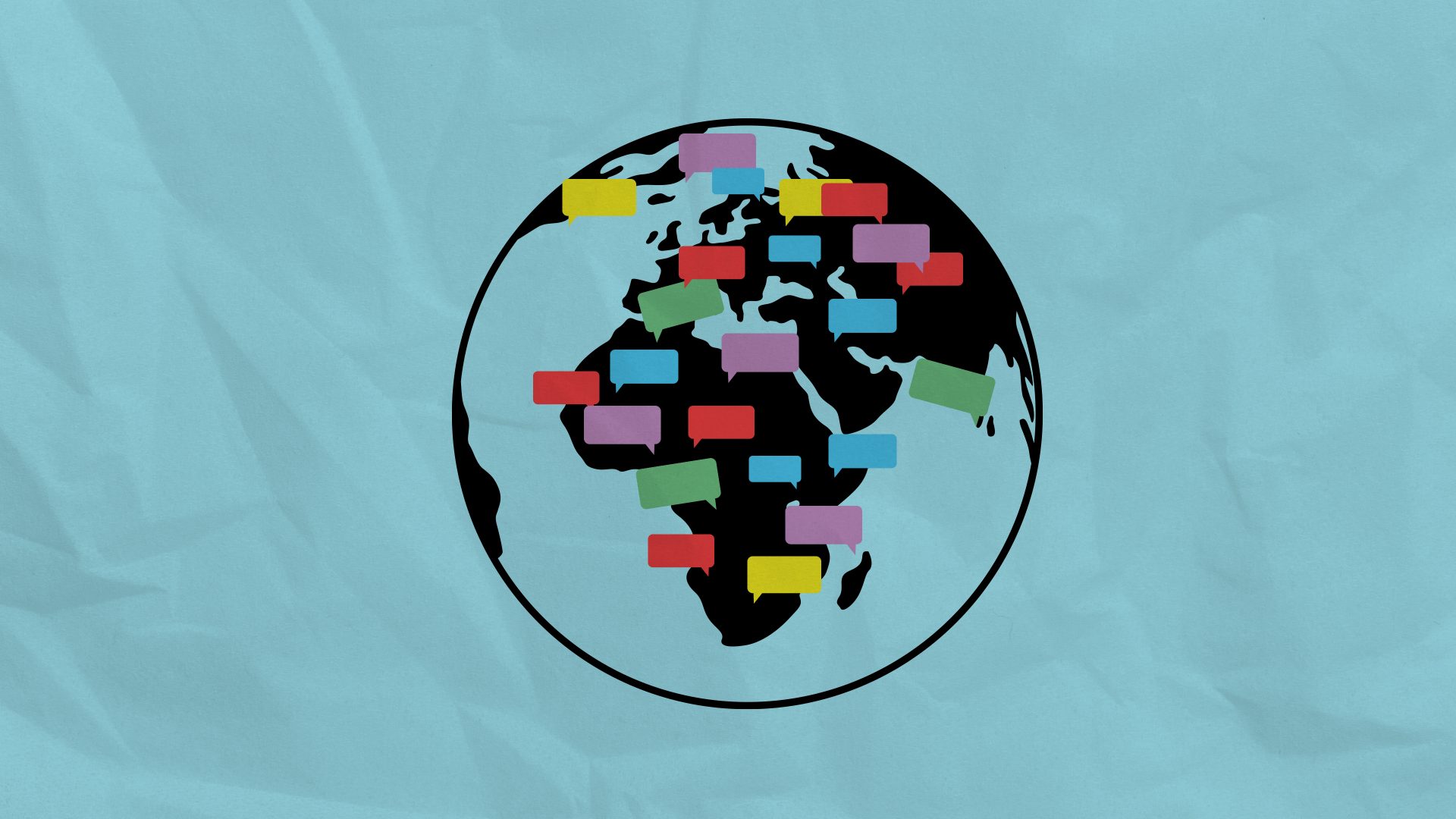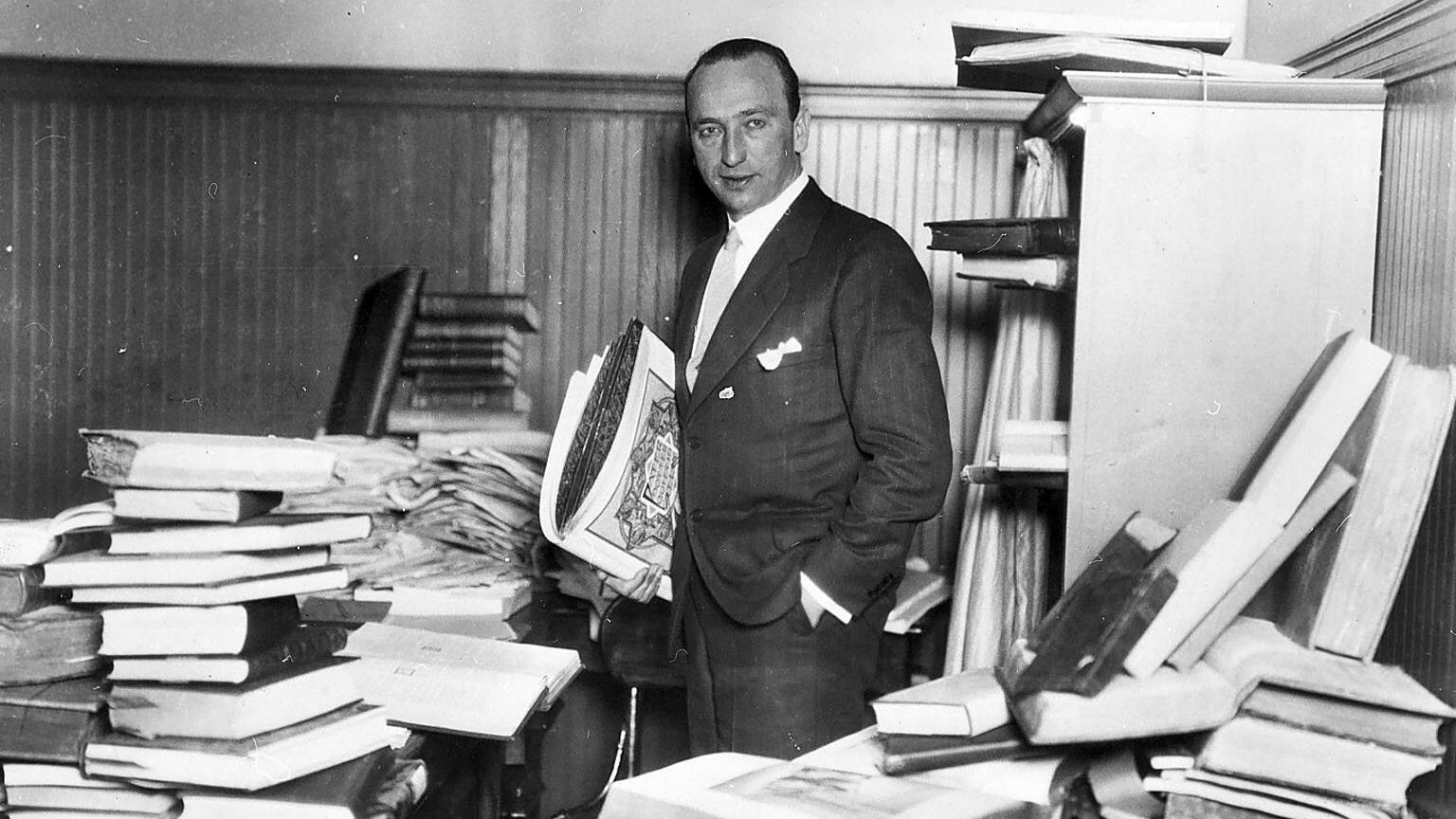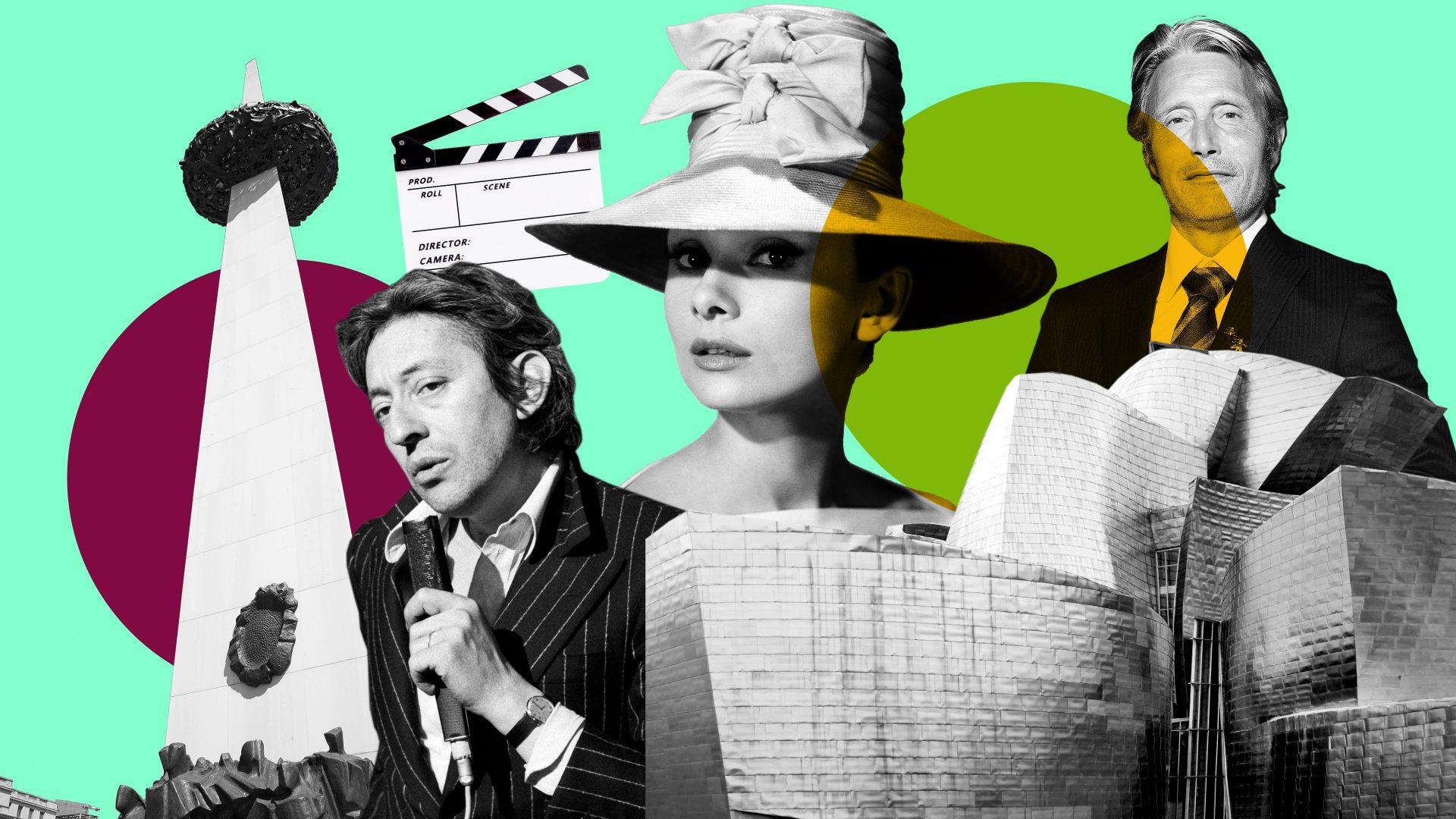Not the least of the virtues exhibited by Armando Iannucci’s 2017 satire, The Death of Stalin, was its “accent-blind casting”, with Adrian McLoughlin, in the title role, rendering the tyrant somehow yet more terrifying when he spoke with the glottal stops and cheery wheedling of a true cockney. The inverse could be said of Steve Buscemi’s portrayal of Nikita Khrushchev: without much modulation of his native Brooklyn whine, the actor infused the nascent leader with a cheeky opportunism that suggested his regime might well become less murderous, while remaining devoid of any higher ethic than the exercise of power for its own sake. Then there was Marshal Zhukov,
who, as played by Jason Isaacs, became a bluff Yorkshireman, uttering – with broad vowels and hiccupping consonants – the funniest line in the whole film: “The chief enemy of the military man is chafing!”
Well, it was funny the first time round – but I saw the film a second, and can’t say I found much of it that amusing. Now, of course, with all too many military “men” (personally, as the father of three adult males, I find it difficult to think of 19- and 20-year-old conscripts as anything of the sort) chafing severely in the cold Easter Ukrainian springtime, The Death of Stalin doesn’t seem funny at all – simply something to be devoutly longed for.
As for those accents, at the time of the film’s release it was widely felt that the refusal to present some sort of unified linguistic tone was a clever way of expressing the polyglot nature of the old Soviet leadership: Stalin was of
course Georgian, while Khrushchev was born only a few miles from the Ukrainian border – neither, presumably, spoke Russian with the equivalent of a “received pronunciation” accent. Fair enough – although there was
no great consistency in this: Zhukov hailed from the environs of Moscow, rather than being some bluff-but-proud provincial. What perhaps distinguished him from his colleagues was rather that he had risen up from extreme poverty.
I wonder whether Russia (in both the more restricted and the territorially expanded sense) isn’t in fact rather more like Britain in this respect than, say, the US. Here class trumps region: once you’ve ascended to a certain stratum of society everyone sounds the same whether they grew up
in Windsor or Warrington, whereas in the spiritually egalitarian (if economically divisive) States, region trumps class such that Kentuckian blue-bloods sound radically different to Boston Brahmins.
Growing up in the London of the 1960s and 70s, the difference between middle- and working-class accents was quite extreme: you’d only have to utter a single syllable to be instantly pigeonholed. Is it any wonder that those of us in the former moiety who cleaved to some – no doubt delusional – sense of comity with the latter one, found ourselves speaking a sort of strangulated mockney – the faint traces of which remain present, say, in Tony Blair’s carefully canalised estuarine accent, with its clever deployment of phatic “y’knows” and “to be honests”.
All of which is by way of saying that accents, like any other cultural signifier, matter – and when they’re deployed in dramatic contexts they matter more. What then to make of the series of verité dramas written for Radio 4 by the
playwright Jonathan Myerson, in which the plight of ordinary Ukrainians currently under attack by the Russian forces is brought as vividly to life as the medium allows for. (In other words: not very vividly at all – “radio drama” is frankly a bit of an oxymoron, like “military intelligence”.) What basis was there for the decision – made presumably by writer and producer in conjunction – to have all the Ukrainian characters played by Scottish actors? (I concede, it may not be all of them – I haven’t listened to that much of the plays, for the reasons adverted above.)
I don’t know if there are any Russians portrayed in the plays, but even without hearing them impersonated by English actors with classic BBC accents, the Scottish Ukrainians force this analogy on the unwary listener: Wow! It’s like if England were invading Scotland, that’s how confoundedly internecine this conflict really is. But it’s an analogy that really isn’t fit for more than a few seconds’ purpose; because if Russia invading Ukraine is like England invading Scotland, then where did the invasion forces assemble, north Wales? And where did the refugees go – Cornwall, Eire, Brittany, Galicia and all-points Celtic? And what of the alliance ranged against the ghastly and imperialist English, who does this Nato-nouveau consist of, and which of their traditional enemies is it led by? The French or the Germans?
Hunter Thompson memorably remarked that satire had become redundant now that reality itself is “too twisted”; and I’m afraid the same holds true for drama in these overly dramatic times.




